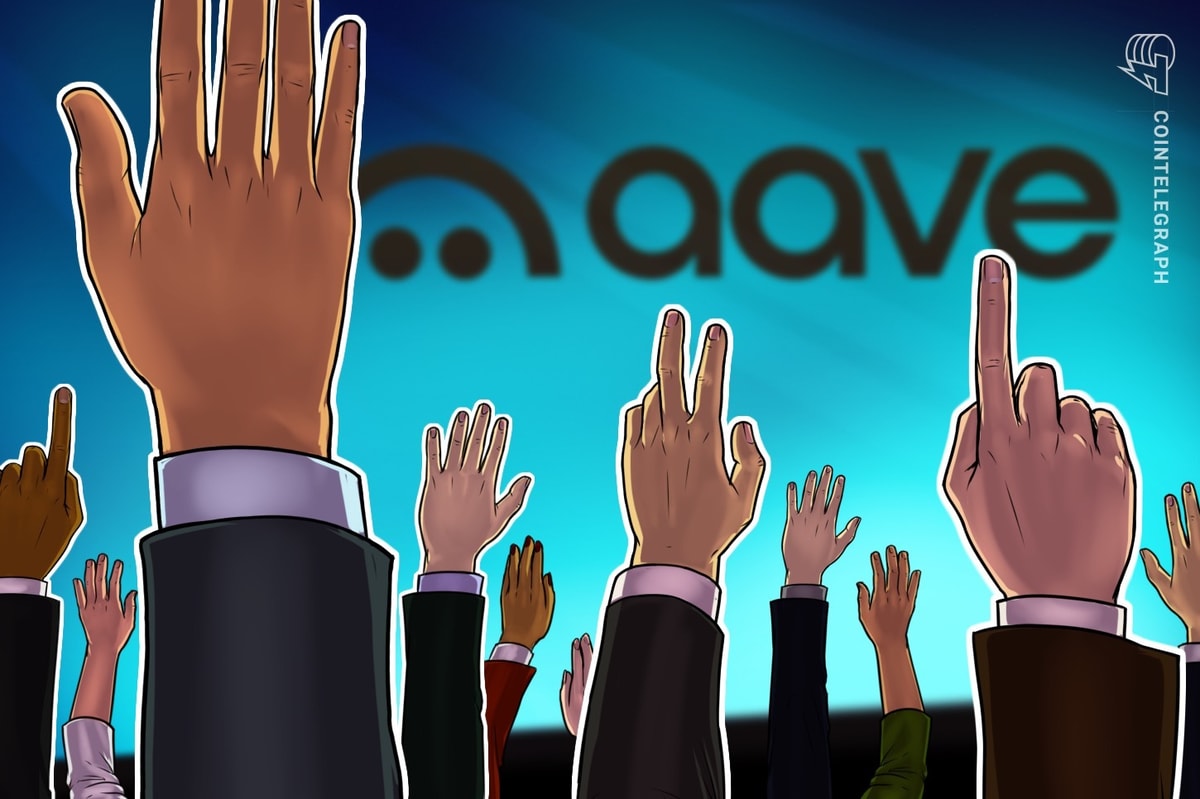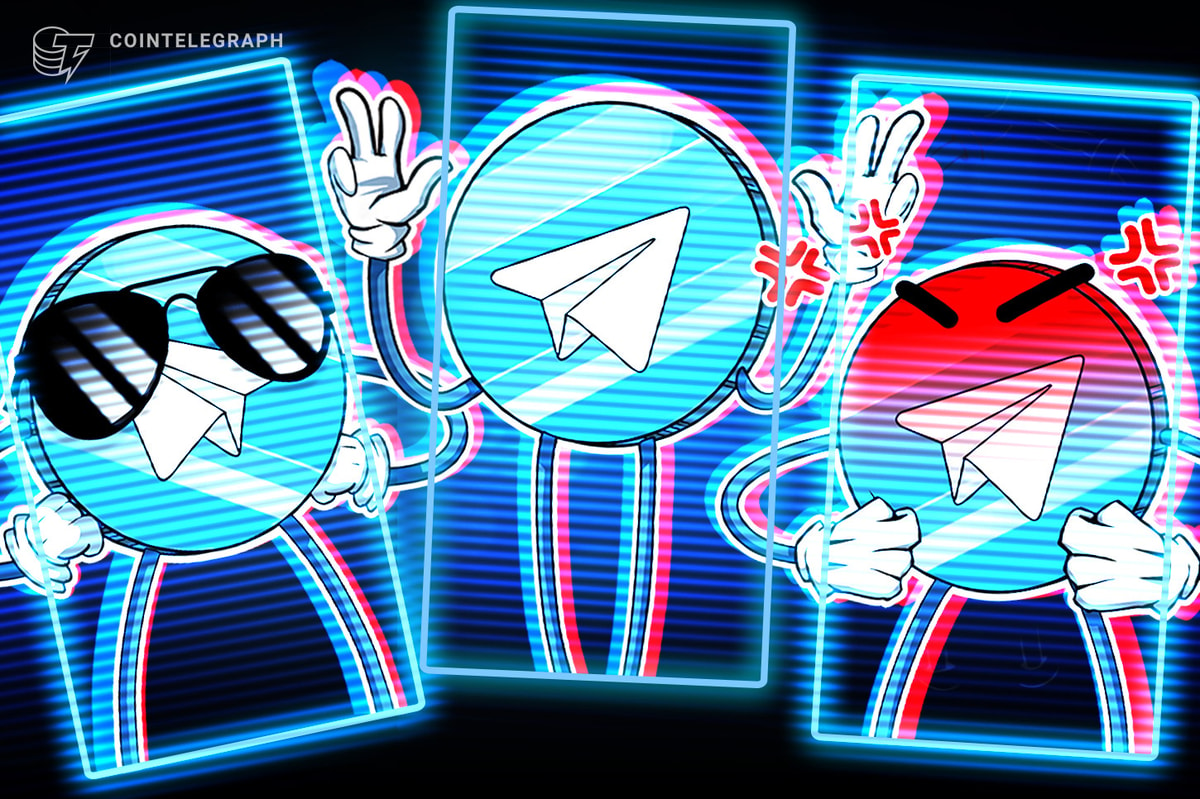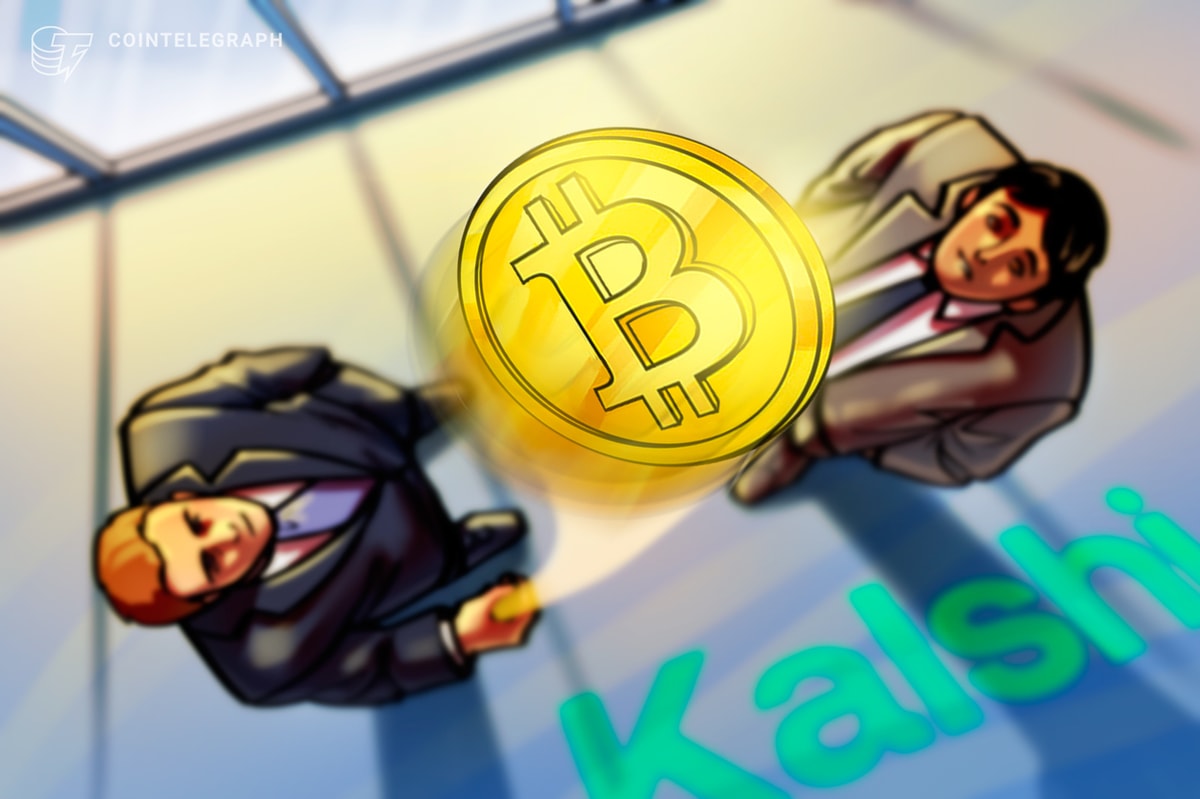Interview with MakersPlace Head of Legal, Kayvan Ghaffari
So Kayvan, would you mind introducing yourself and giving us a little bit of your background as far as it goes with working with intellectual property rights?
Sure. My name is Kayvan Ghaffari. I’m Head of Legal at MakersPlace, having joined the company several months ago. Before that, I was a lawyer for nine years at two different large law firms representing myriad companies on a variety of technology and intellectual property issues, including copyright and licensing. My clients span the gamut of startups to Fortune 100 companies. I love copyright law. I think it’s one of the best areas of law. I think there’s a lot of creativity in this area of law. It’s constantly growing and adapting to new technologies, and it’s just really fun.
First off, can you define intellectual property for our audience?
If you think about intellectual property, it’s a form of property rights. We all know property rights are like owning a car, owning a home, owning a piece of art on the wall, or owning a book. We add the term “intellectual” to intellectual property as a legal fiction to talk about intangible property rights. So it’s a separate bundle of rights, and these rights tend to be used to represent or characterize patents, copyrights, and trademarks.
Now, with respect to the NFT space and the web3 space, the two biggest areas of IP rights are copyright and trademark. At a high level, trademarks protect brands and logos, while a copyright protects the expression of an idea.
So if you think about the art space, for example, the gallery name would be a trademark, but the art inside the gallery would be protected by copyright because that’s an expression that people are putting into a medium. And it’s that expression that is protected by copyright. If you own either — own or have a license to a copyright or a trademark — then you have certain rights with respect to that underlying expression, and those rights could include excluding others from exploiting that work (such as by creating derivative works), exploiting it for commercial purposes, or having non-commercial rights.
Let’s take the word Nike for example. Nike, in and of itself, is protected by trademark as are the logo with the swoosh and the phrase Just Do It. That is all protected as a brand under trademark rights. You have no authority to copy any of those three things — logo, emblem, or tagline. That would be a trademark infringement.

Now, let’s consider the copyright perspective. Let’s take a book. If you copy the cover of a Harry Potter book, like the entire sketch, that could be copyright infringement. It’s not a logo. It’s the expression of an idea, say, a witch on a broom playing quidditch, for example. That would be protected by copyright rather than trademark, and any unauthorized copying would likely be considered copyright infringement.
What are some common misconceptions about intellectual property in the NFT space?
Yeah, that’s an interesting and important question. I think there are a lot of misconceptions around the idea of ownership with regard to IP rights when someone buys an NFT. Many people think that not only are they buying the NFT, but they’re also buying the IP rights. That isn’t always the case, and it’s important for people to do their due diligence and understand this. For purposes of the audience and the recording, we’re not giving any legal advice as to how to do that or anything regarding copyright, trademark, or IP licensing.
But a big misconception is around what you own as a result of the purchase and what rights you receive as part of that ownership. If you purchase an NFT, you may think you’re buying the IP rights associated with the art, which isn’t actually the case. You don’t automatically obtain IP rights just by purchasing something.
For example, if you purchase a book, you don’t automatically get the full IP rights to that book. You can’t then take that book and turn it into a movie or turn it into art because the purchase of the book by itself doesn’t give you the IP rights. Same with a song. You just own that copy of the song. You obtain limited intellectual property rights in that you can resell the book or song, but you do not automatically obtain the rights to create a derivative work or exploit the work for a commercial purpose.

Does minting confer the copyright to the minter?
Generally speaking, it should. It really just depends on the minting platform that is being used.
The notion of copyright is that you get a copyright whenever you express an idea. So if you drew something on the back of a napkin, that napkin is now protected by copyright. It’s not the idea that’s protected. It’s the expression of the idea.
Now, if you’re minting, that is the form or medium in which you’re expressing a creative idea, and as a threshold matter, that should be entitled or afforded copyright protection. But it does really depend on who owns that copyright, and that depends on the platform you’re using and that platform’s license or terms of use.
For example, with MakersPlace, if anyone comes to MakersPlace and mints, we explicitly state that creators own the underlying NFT and the IP. We are creator-focused – the creator should own their creations once minted.
And what about the case of collaborative NFTs? Say you and I collaborate on an NFT, and you mint it. Where do I fall in the copyright ownership?
And it’s a very good question, especially as we’re seeing more collaborations in this space. Ideally, you’d be listed as a collaborator because that’s how you get paid and receive royalties, but even if you’re not listed on the NFT, that shouldn’t automatically alter your rights under copyright law.
If you are collaborating on an expression, copyright law actually creates ownership for all collaborators, even if not listed. Now, if you’re not listed, it makes it harder to prove, but not being listed on the NFT is not a deal breaker in terms of joint authorship. It just really depends on the facts.

NFT Collections have been a big driver of the intellectual property conversation. Bored Apes are the most notorious example. What do you actually own when you own a Bored Ape?
Collections are really challenging the bounds of copyright licenses and ownership in a really productive and interesting way, but not all collections are made the same, and it’s important to understand the full contours of those rights by reviewing the collection’s terms.
With respect to the Bored Ape, you own the actual NFT, and you own the underlying art, and you are gaining certain rights both from a non-commercial and a commercial perspective that is rooted in the contract. Yuga Labs is the creator of the apes for purposes of copyright. They are the creator, but they are actually granting a license to the purchaser that contains certain rights. For example, Yuga Lab’s license allows Ape holders to use the Ape for commercial and non-commercial uses. And that is afforded to whoever purchases the ape, and that license transfers with the ape based on transactions on the smart contract because the license flows with the ape in a smart contract.
So effectively, what you’re getting this image you’re getting, the certificate of authenticity, and a bunch of rights to be able to use, display, and create derivative works of the underlying art. But what’s important to recognize is you do not gain full ownership of IP rights. Again, it’s important to do your due diligence and review the terms of each collection/platform to understand what rights you are receiving.

Okay, you said a couple of things there that I’d like to click into a little bit. One was the purchase of an ape. Now there is the famous case of Seth Green, who is in the middle of launching a cartoon starring his Bored Ape when it was stolen. Did that thief of the Bored Ape actually own the rights to that ape? Could Seth Green have continued on, secure in the fact that he did own the copyright even if he didn’t own the NFT because it wasn’t necessarily gained through legitimate transfer?
It’s a really good question, and to be perfectly honest, I think that instance has really created a lot of questions in the NFT space as to how rights are transferred. Because not only did Seth’s ape get stolen, the thief then turned around and resold it to a presumable good-faith purchaser, who may not have known that it was Seth Green’s ape.
With respect to the actual IP rights, I think there’s an argument to be made that once the ape was transferred and there was a transaction on Ethereum that affected a license transfer such that the acquirer of the ape and the subsequent purchaser of the ape would in fact have the IP rights associated with that ape.
I think you make a good point about if you have a bad actor who obtains the ape through malicious means, do the rights transfer? And that’s to be seen in the courts with respect to NFTs. Right now, I suspect the rights would necessarily transfer to the bad actor by virtue of the ledger because of the Yuga Labs license – i.e., the license likely makes clear that the transfer of the NFT on Ethereum is all that’s needed to transfer the license. But again, it would be interesting to see how this all plays out.
I think there’s another really interesting issue with respect to the Apes or any collection or NFT that has this sort of ownership component to it. Seth Green may have had to put a pause on his show because he did not have the proper rights to display the ape, but let’s take a hypothetical where he had third-party contracts with that ape to do X, Y, and Z. And those contracts are based not necessarily on Seth Green but on the Ape.
Now, if that ape gets transferred, does the purchaser of the Ape now have to abide by those contracts with the third parties? How would that purchaser have knowledge of those third-party contracts? I think there are a lot of questions that need to be answered.

Would someone in a court of law be able to make a compelling case that they sold an Ape without selling IP rights?
So under copyright, there are two theories of transfer of rights. One is through an assignment, and the other is through a license. An assignment is where rights are fully given from the original copyright holder to the purchaser. That would require a written document outlining that assignment, which would need to be filed with the copyright office.
Anything less than full ownership rights is considered a license, and a license just means that creators maintain ownership, but they license certain rights to others. Like a novelist licenses out film rights or podcast rights. They still own the copyright. Licenses don’t need to be filed with the copyright office. All you need is a written document conveying that license.
With respect to the Apes, there is no assignment of IP rights to the Ape holder, which means there is no full transfer of IP ownership from Yuga Labs to the purchaser in terms of the IP rights. They license the IP rights to whoever owns a given ape. The argument would be made that the actual transfer of the smart contract from a seller to a purchaser effectuates that license transfer because that is a quote-unquote written document that is conveying the art from one person to another.
What about Creative Commons? There are a lot of projects that are going that route. What’s the difference between the kinds of IP rights assigned by Yuga Labs versus, say, Nouns DAO, which is CC0?
I’m a huge fan of Creative Commons. I think what they have been doing for the copyright software industry over the past 20 years has been remarkable. What Creative Commons is trying to do is push creative works into the public domain, which means that anyone can actually own the underlying IP in whatever was created.
Let’s take the example of my creating a collection of 10,000 NFTs. If I attached a creative commons zero (CC0) license to it, which means anyone in the public — beyond just those who own or who have purchased the NFT — anyone in the public can use that art for any commercial gain. It’s designed to put IP in the public domain.

And you had mentioned offline that a16z is doing something similar to Creative Commons. Can you speak to that?
Just a few weeks ago, a16z came out with their own set of NFT licenses called The Can’t Be Evil Licenses. It includes five tiers of copyright license that can be used as standards for artists
So the idea of the a16 license is to create this scheme or this standard that enables creators to take control over how they want to distribute their artwork in the ecosystem.
That’s really interesting. I’m especially interested in the idea that you can revoke rights or put limits on rights when it comes to usage that seems perhaps outside of one’s own value system, like the case of Pepe the Frog is one that pops to mind.
Yeah, and I think that’s something that’s really important for people to understand. Yuga Labs for the Apes and Larva Labs for the Punks have done a great job pushing the limits of creating more rights in a purchased good.
But one thing that’s important to know with either of those licenses is that Yuga Labs or Larva Labs, or whoever else can change that license at any moment. Those licenses aren’t permanent. For example, Crypto Punks has actually gone through multiple licensing schemes. Moonbirds has changed licensing schemes. And this goes back to this notion, even though Yuga or Larva gives you certain rights, they ultimately control those rights. And as a result, they can do whatever they want.
But these a16z Licenses have two restrictions about hate speech. And so you’re right. How do you determine that? Who gets to determine that? And are we ok with certain individuals controlling what is hate speech? It’s going to be really interesting in the ecosystem.

I’m curious about tethering NFTs to physical objects. I just watched an interview with Coldie, and he mentioned that he won’t do an NFT that comes with a physical because after the first sale, he can’t police collectors, and he can’t manage whether somebody sells the NFT and keeps the physical. It’s often not clear from the contract that an NFT comes with a physical object. Can you talk about where you see NFTs and the physical world interacting?
This sort of physical digital component is a new and upcoming space. It would be really interesting to see how the rights flow from that. I don’t necessarily disagree with what Coldie is saying.
Let’s go back to the example of buying a book. That’s an easy example or analogy to have. If I go buy Harry Potter. And I then want to resell it. I am allowed to resell that book for however much money I want. That is a right that is afforded by the copyright law under something called the First Sale Doctrine.
The first sale doctrine says that even if you don’t have exclusive rights to the underlying copy of the object you purchased, you do have the limited commercial right to resell that particular copy you purchased. Anyone can resell at whatever price, wherever in the United States, for whatever reason now. How that now plays out in the digital-physical NFT space is to be seen.
I think that from a threshold perspective if you’re trying to sell a physical good and you want that physical good to be associated with the actual NFT or the license of that NFT, you would want to include that language in the smart contract. Or somewhere on the sale page or somewhere on the sale page that enables the purchaser to understand that this physical piece is, in fact, associated with its digital component.
I think being able to monitor that and ensure that that sort of connection continues for any subsequent sales is going to be an important factor in this space.

For updates on all of our upcoming drops, subscribe to our newsletter below.
Read More: rare.makersplace.com









 Bitcoin
Bitcoin  Ethereum
Ethereum  Tether
Tether  XRP
XRP  USDC
USDC  Solana
Solana  Dogecoin
Dogecoin  TRON
TRON  Cardano
Cardano  Lido Staked Ether
Lido Staked Ether  Wrapped Bitcoin
Wrapped Bitcoin  LEO Token
LEO Token  Chainlink
Chainlink  USDS
USDS  Avalanche
Avalanche  Toncoin
Toncoin  Stellar
Stellar  Hedera
Hedera  Shiba Inu
Shiba Inu  Sui
Sui  Wrapped stETH
Wrapped stETH  MANTRA
MANTRA  Bitcoin Cash
Bitcoin Cash  Litecoin
Litecoin  Polkadot
Polkadot  Binance Bridged USDT (BNB Smart Chain)
Binance Bridged USDT (BNB Smart Chain)  Bitget Token
Bitget Token  Ethena USDe
Ethena USDe  Hyperliquid
Hyperliquid  WETH
WETH  Pi Network
Pi Network  WhiteBIT Coin
WhiteBIT Coin  Monero
Monero  Wrapped eETH
Wrapped eETH  OKB
OKB  Uniswap
Uniswap  Dai
Dai  sUSDS
sUSDS  Coinbase Wrapped BTC
Coinbase Wrapped BTC  Pepe
Pepe  Aptos
Aptos  Ondo
Ondo  Gate
Gate  Tokenize Xchange
Tokenize Xchange  NEAR Protocol
NEAR Protocol  Cronos
Cronos  Internet Computer
Internet Computer  Mantle
Mantle  Ethereum Classic
Ethereum Classic